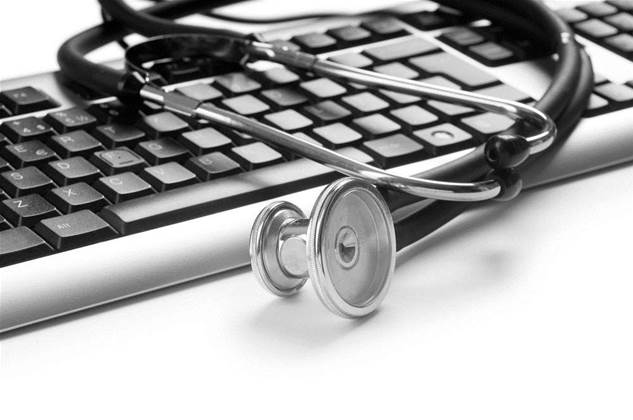St Vincent and Mater Health Sydney chief information officer David Roffe has urged his colleagues in the health sector to allow employee- and patient-owned devices to interact with key hospital systems.

Roffe told attendees at the Health Informatics Conference in Sydney this week that the influx of tablets and smartphones from direct employees, visiting physicians and even patients required health CIOs' immediate attention.
"The bus is already gone; get on it but make sure that you have seatbelts and you use them," he said.
"The consumerism is here today, we need to be able to harness it. The iPad — whatever iDevice you wish to talk about — if we're to exclude those from our healthcare facilities, we're doing ourselves a monumental disservice."
Roffe pointed to experiences in his own facilities, where visiting medical officers (VMOs) often refused to use the hospitals' electronic medication management systems due to their discomfort with the facility computers.
Their resistance to use of the systems prevented juniors and other doctors from similarly adopting it.
"When you analyse why the specialist, the VMO, didn't want to do meds, it's because he didn't want to feel stupid fumbling around with a keypad, fumbling around with [forgotten] usernames and passwords," he said.
"The VMOs will clearly wander in and do their email with the iPad devices ... so what we did was we delivered to any registered iPad device in any of our hospitals a HTML page of full results and full medication management."
The hospital has since adopted a mixed system of managed devices and allows employee-owned devices into the hospital with differing levels of access.
Those owned by employees are shown a simple HTML page to prevent information leaks, accompanied by education to prevent inadvertent information leaks through emails, USB drives or other portable devices.
"That's why we tolerate BYOD devices but you've also got to have a policy framework and you've also got to be very careful about what is stored on those devices," he said.
"BYOD devices are here to stay. Utilise them, they are a consumer device and they will be in your organisations whether you like it or not."
Though a long-fought battle in general private enterprise, the health sector has typically been slower to adopt popular devices like the iPad or iPhone in either a managed or bring-your-own context.
Macquarie University's private hospital in Sydney ditched plans to offer iPads to doctors as 'virtual clipboards' during its construction, instead favouring proprietary computers-on-wheels and bedside units to deliver clinical records.
Similarly, the Mater Hospital in Brisbane — un-related to Roffe's employer — has installed bedside units capable of acting as both entertainment devices for patients as well as offering thin client access to hospital systems.
Roffe said the introduction of support for consumer devices in a hospital context could spur adoption of new technologies allowing, for instance, physicians to 'bump' their devices with customers' to transfer clinical information or notes.
Joanna Smith, research support manager at the Silver Chain Nursing Association, said the introduction of new technologies and particularly larger tablets had allowed her employer — which specialises in palliative care — to provide the elderly with access to their own data or healthcare systems.
However, Dr Iltifat Husain — founder of US company iMedicalApps — warned healthcare organisations not to "reinvent the wheel" on devices and the applications that run on them.
"Walgreen's, instead of creating their own medical application for reminders of medical issuing, they went and bought one that was already in the marketplace, and that's something I don't really see healthcare organisations doing; which is looking at what's already out there, really analysing it and deciding not to reinvent the wheel," he said.
"There are physicians en masse bringing their own devices. You can either continue to not want to integrate these devices into your systems, or you can try and use them for your benefit."



_(23).jpg&h=140&w=231&c=1&s=0)
_(20).jpg&h=140&w=231&c=1&s=0)
_(28).jpg&h=140&w=231&c=1&s=0)



_(26).jpg&w=100&c=1&s=0)

 iTnews Executive Retreat - Security Leaders Edition
iTnews Executive Retreat - Security Leaders Edition












_(1).jpg&h=140&w=231&c=1&s=0)



